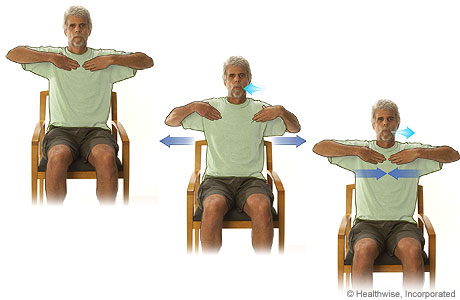Overview
Chronic obstructive pulmonary disease (COPD) is a general term for a group of lung diseases, including emphysema and chronic bronchitis. People with COPD have decreased airflow in and out of the lungs, which makes it hard to breathe. The airways also can get clogged with thick mucus. Cigarette smoking is a major cause of COPD.
Although there is no cure for COPD, you can slow its progress. Stopping smoking, following your treatment plan and taking care of yourself can help you feel better and live longer.
What are the symptoms of COPD?
When you have COPD, you have a cough that won't go away, and you're often short of breath. You may also cough up mucus. At times, your symptoms may suddenly flare up and get much worse.
COPD gradually gets worse over time. As it gets worse, you may be short of breath even when you do simple things like get dressed, fix a meal, or eat. People often lose weight and get weaker. And some people may get lung infections and heart problems.
COPD: When to call
Call 911 anytime you think you may need emergency care. For example, call if:
- You have severe trouble breathing.
Call your doctor now or seek immediate medical care if:
- You have new or worse trouble breathing.
- You cough up blood.
- You have a fever.
Watch closely for changes in your health, and be sure to contact your doctor if:
- You cough more deeply or more often, especially if you notice more mucus or a change in the color of your mucus.
- You have new or worse swelling in your legs or belly.
- You are not getting better as expected.

